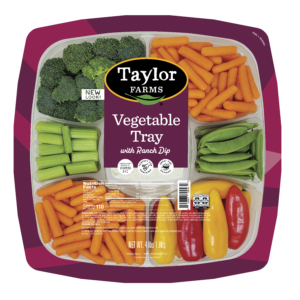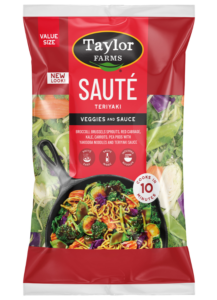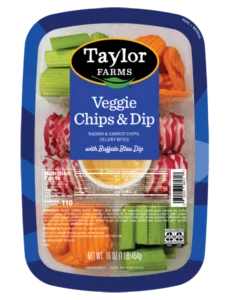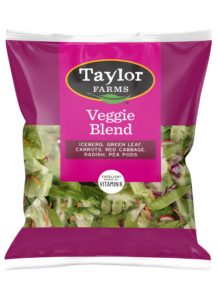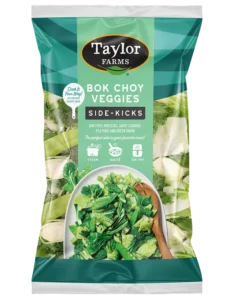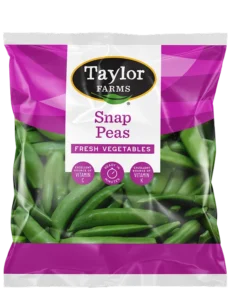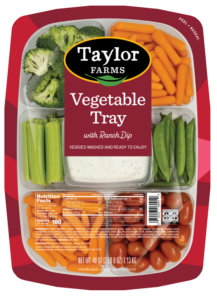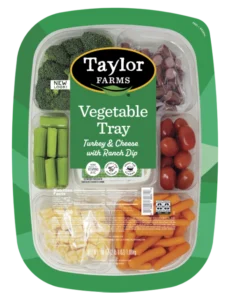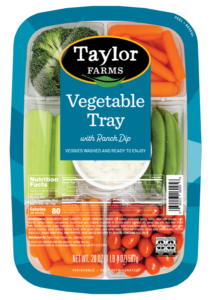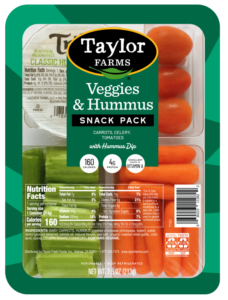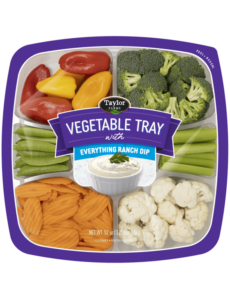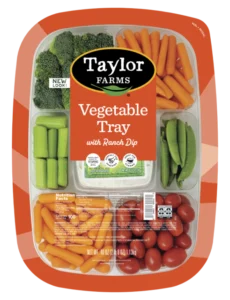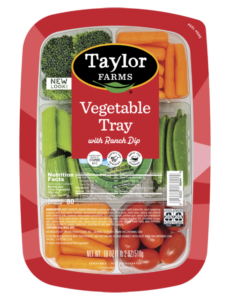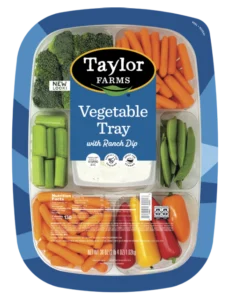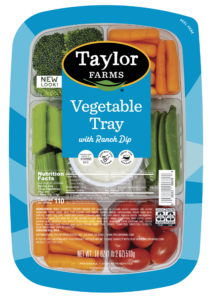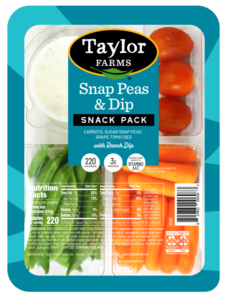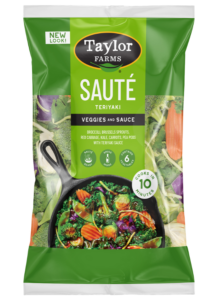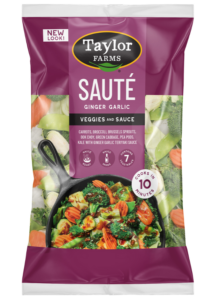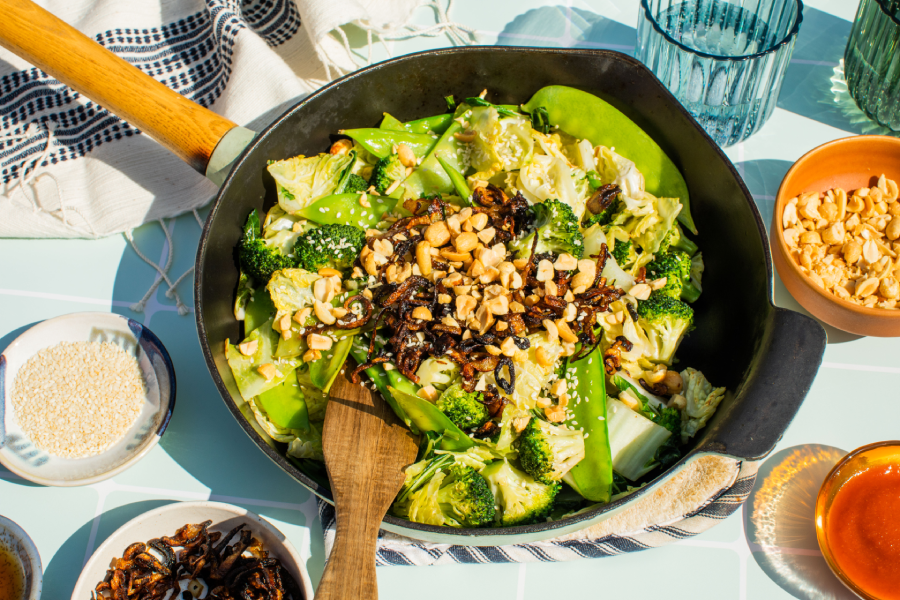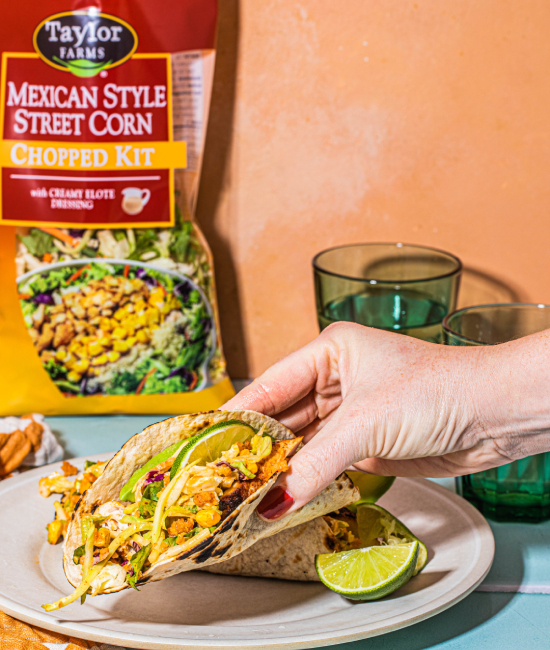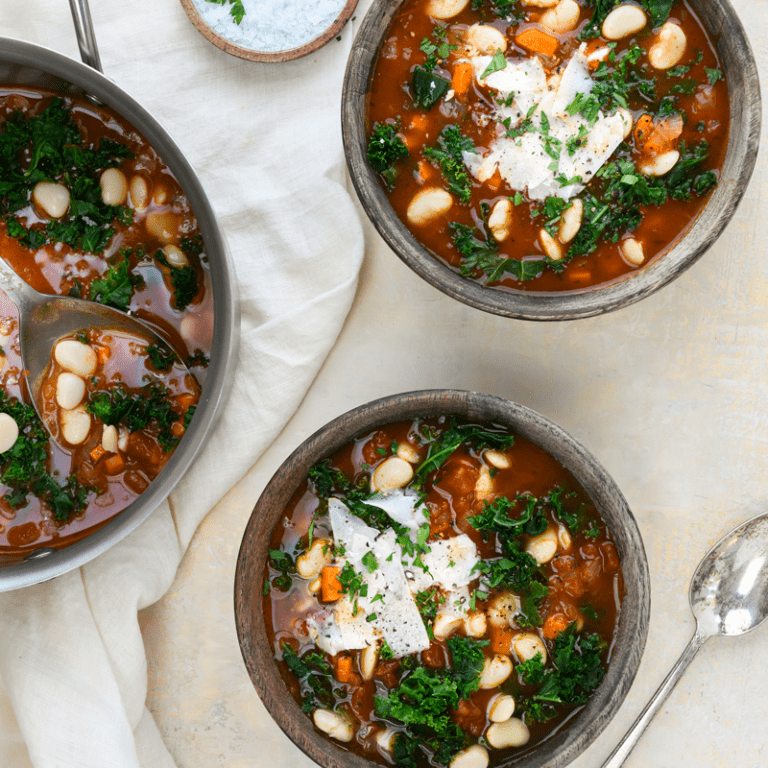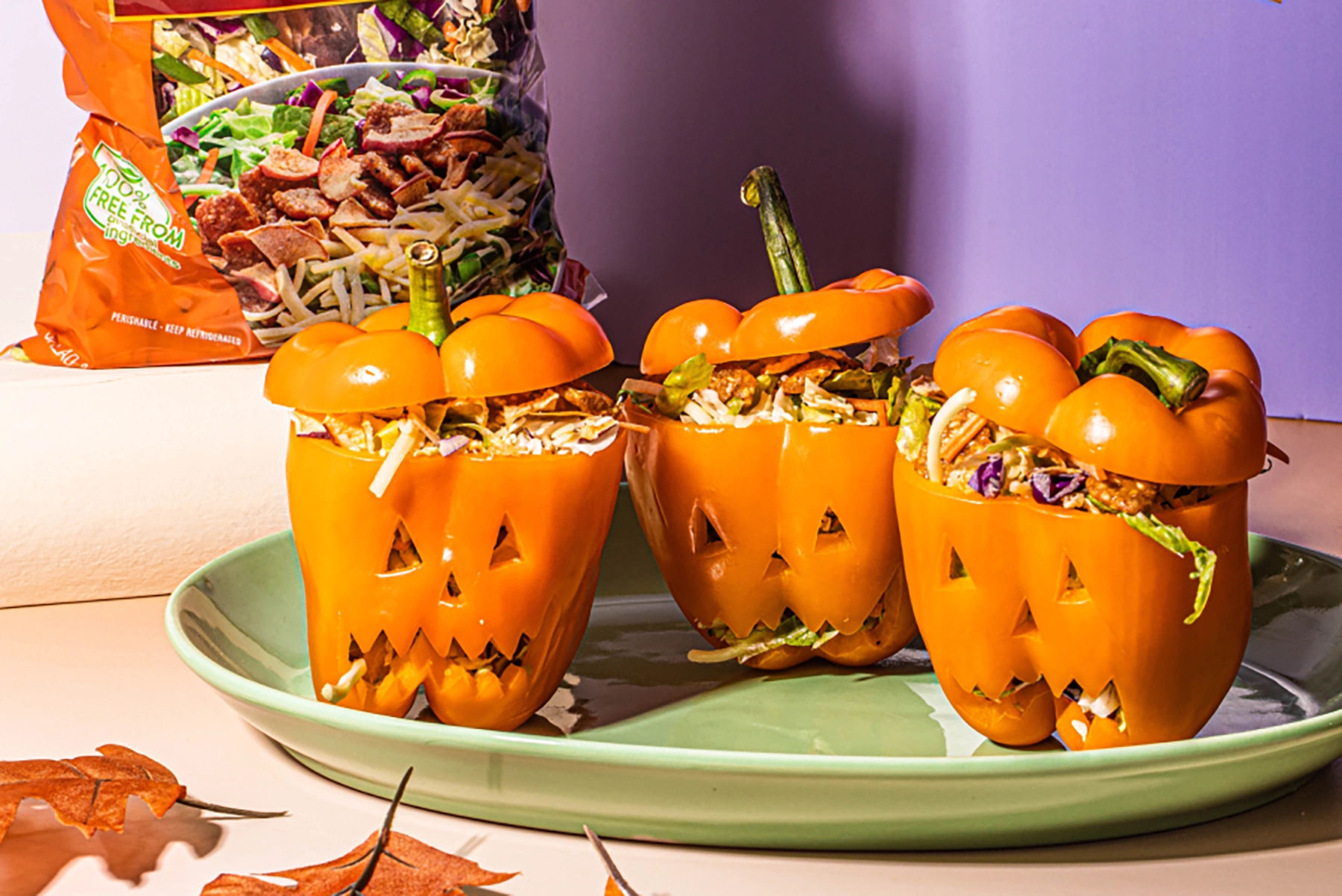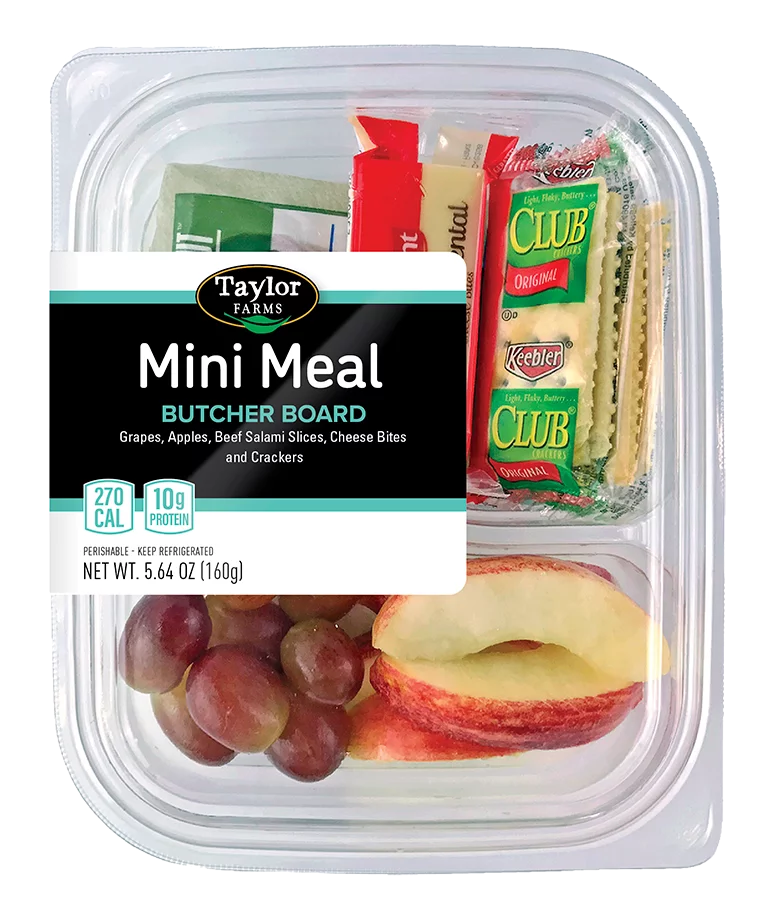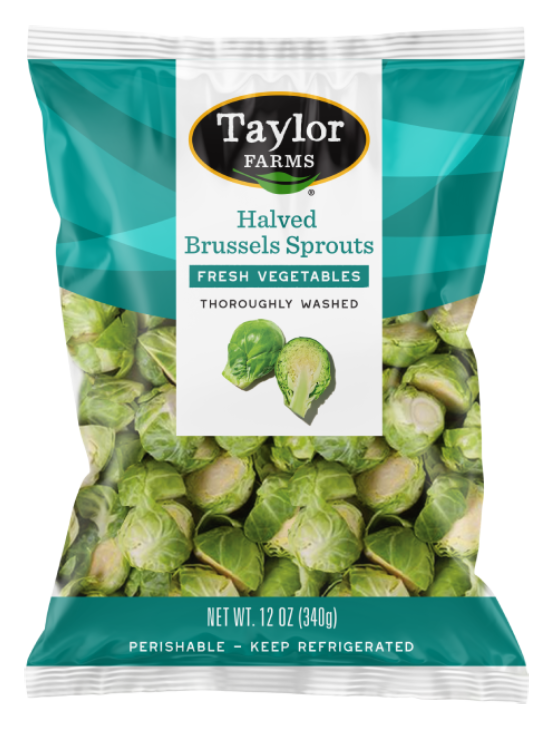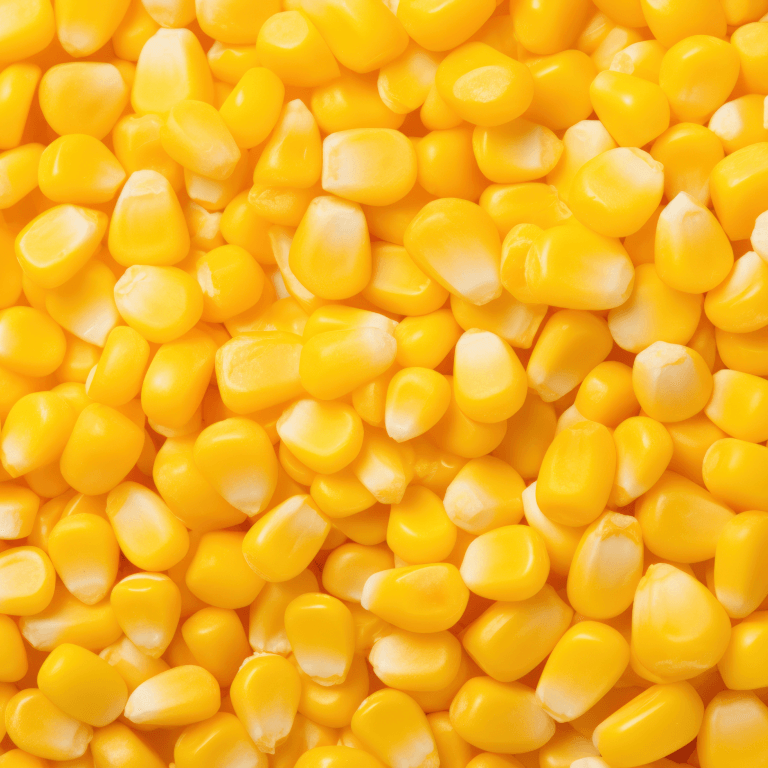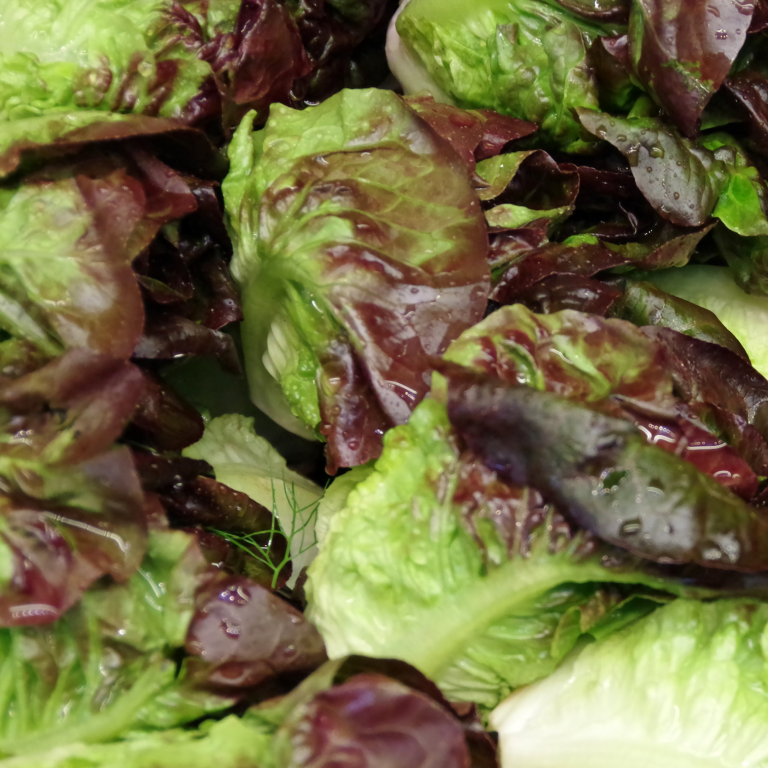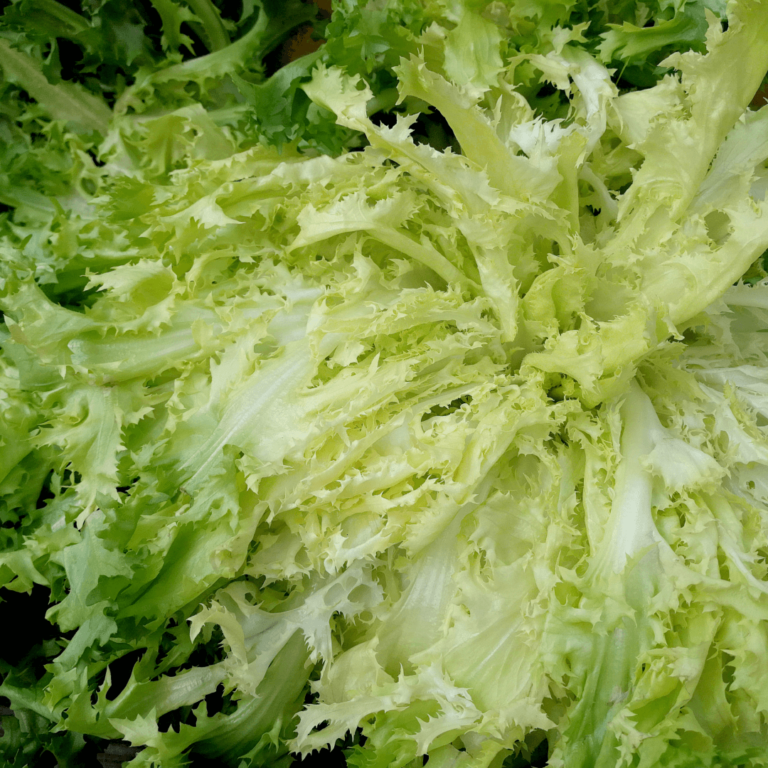Snap Peas at a Glance
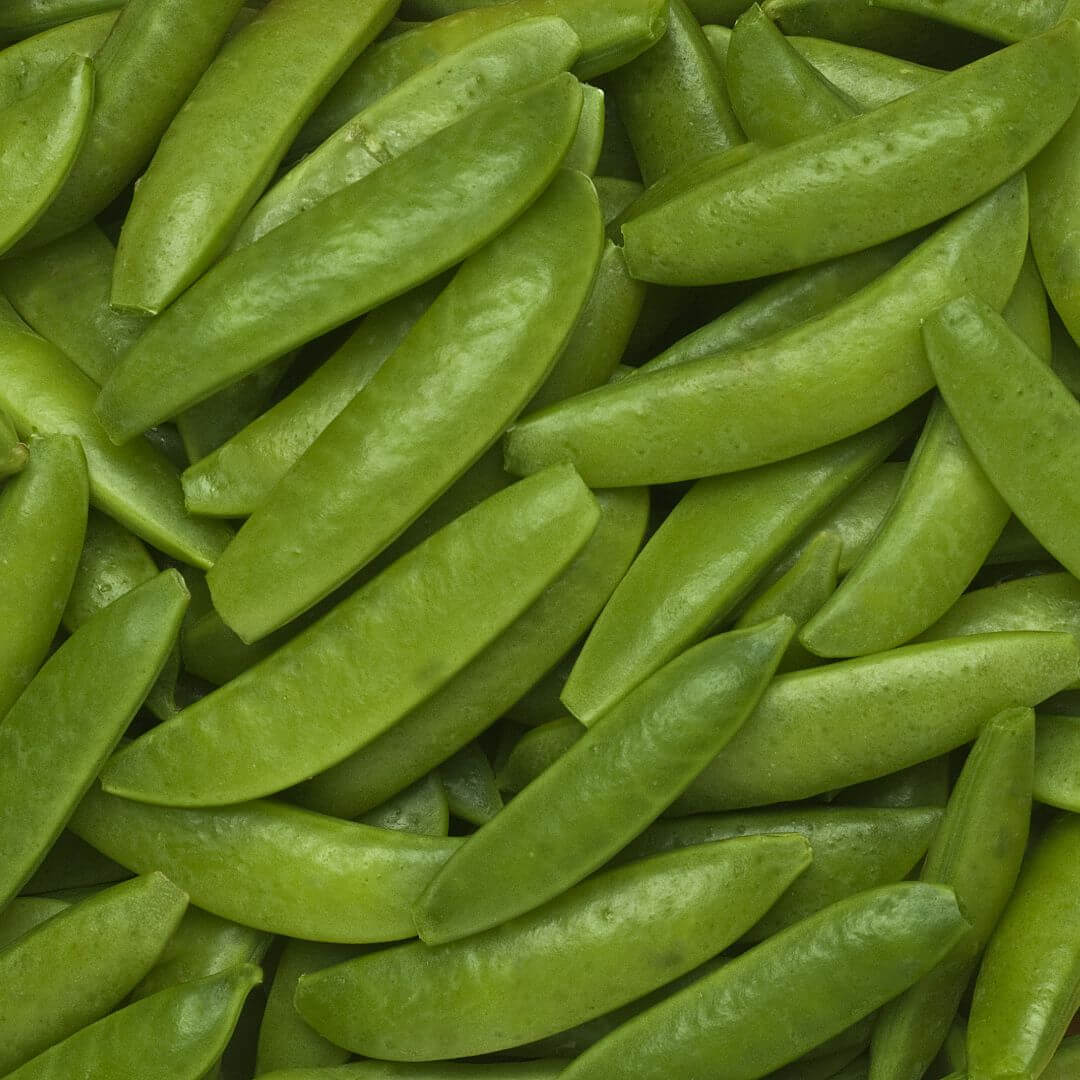
Scientific Name: Pisum sativum var. macrocarpon
Family: Fabaceae
In Season: Typically available in the spring and early summer months.
Varieties: Common varieties include Sugar Snap and Super Sugar Snap, both known for their sweetness and crispness.
Great for: Adding a refreshing crunch to salads, stir-fries, and vegetable platters, as well as a healthy snack when enjoyed fresh.
Snap Peas Nutrition
Vitamin C
3 grams of fiber
35 Calories
Common Questions about Snap Peas
When enjoyed raw, snap peas offer a crisp, juicy bite that’s both tender and invigorating. Their flavor is characterized by a delightful balance of sweetness and earthiness, with the natural sugars providing a subtle sweetness.
The appeal of raw snap peas lies in their textural contrast – a crisp, snappy pod enveloping plump, succulent peas. This delightful crunch is what makes them a popular choice for vegetable platters, salads, and as a guilt-free snack. Plus, their mild flavor pairs harmoniously with other raw vegetables and various dips, making them a go-to ingredient for veggie trays and spreads.
Cooking snap peas briefly—whether through sautéing, steaming, or blanching—amplifies their inherent sweetness while preserving their satisfying crunch.
The cooking process unlocks a more intense flavor profile as the sugars caramelize and mingle with the peas’ natural earthiness. The result is a delightful harmony of flavors that can complement a variety of dishes. Whether lightly sautéed with garlic and butter, steamed and drizzled with lemon, or blanched and added to pasta dishes, cooked snap peas offer a tender, succulent bite with a vibrant, slightly sweeter flavor.
Growing snap peas
Snap peas are typically ready to pick when the pods are plump and well-filled but still flat. You should be able to see the peas inside the pod without them appearing overly developed or bulging. The pods should be bright green and feel firm to the touch. To harvest, gently snap the pods off the vine or use scissors.
Purchased snap peas
When purchasing fresh snap peas, look for pods that are vibrant green, firm, and free from signs of wilting or yellowing. The peas inside should be visible but not too large, as larger peas may indicate that the pods are past their prime. Fresh snap peas should have a crisp texture and a fresh, slightly sweet scent. Avoid pods that appear limp, discolored, or have a mushy texture, as these may have lost their freshness.
To store snap peas, remove any damaged pods, ensure they are dry, and place them in a perforated plastic bag or an airtight container. Store them in the vegetable crisper drawer of your refrigerator and use them within a few days for the best freshness.
Frozen snap peas maintain their quality in the freezer for roughly 8-12 months. They can transition straight from frozen to cooking, serving as a handy component in a range of recipes. Blanching prior to freezing is recommended to retain optimal color and texture.
Snap peas are grown in various regions across the globe, flourishing in temperate climates that offer cool seasons, which is essential for their growth. In the United States, major producing states include California and Florida, as they provide favorable conditions for the cultivation of snap peas. They are also cultivated extensively in countries like China and India. They remain a popular choice for home gardens and can be grown in many backyard plots!
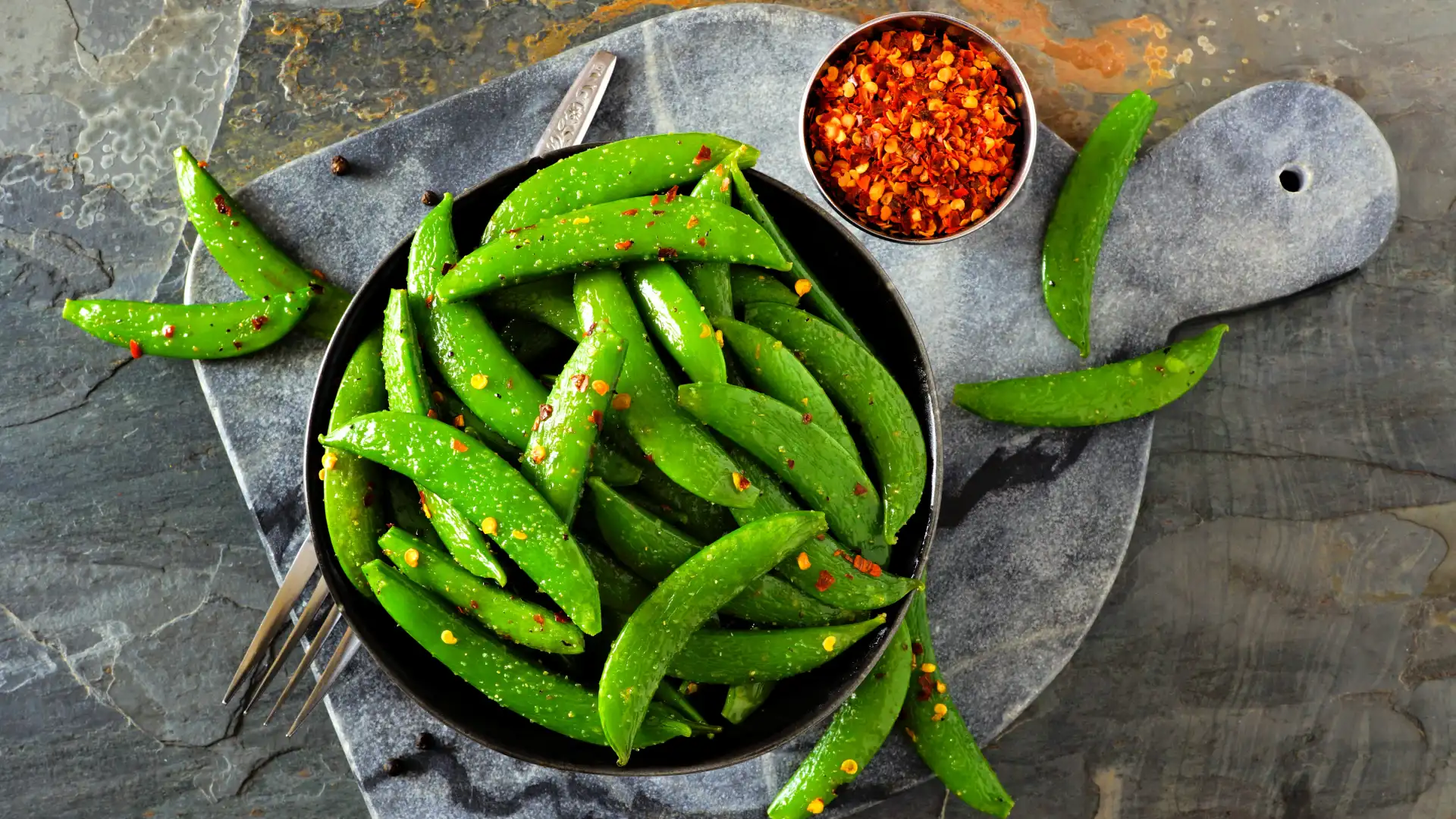
How to cook & serve snap peas
Sautéed: Heat a pan with a bit of oil or butter, toss in your snap peas, and cook for a few minutes until they turn bright green and slightly tender. You can add minced garlic, ginger, or a splash of soy sauce for extra flavor.
Stir-Fried: Stir-frying snap peas with other vegetables, your protein of choice, and a flavorful sauce creates an easy and satisfying meal. Plus, the crisp texture of snap peas complements stir-fries perfectly.
Blanched: Bring a pot of water to boil, add snap peas, and cook for about 1-2 minutes until they become bright green and tender-crisp. Immediately transfer them to ice water to preserve their green color and crispness. They can be served cold in salads or as a side.
Steamed: Steam snap peas for 2-3 minutes until they are tender but retain their crisp. Drizzle with olive oil, lemon zest, and a sprinkle of sea salt for a healthy side dish.
Roasted: Toss snap peas with a bit of oil, seasonings (like garlic powder, salt, and pepper), and roast them in the oven at high heat (around 425°F or 220°C) for 10-15 minutes until they’re slightly crispy and caramelized.
Snap peas are also ideal for adding a crisp element to stir-fries, pasta dishes, and grain bowls. Their mild sweetness pairs well with seafood like shrimp or scallops, and they can also be included in salads for added texture.

